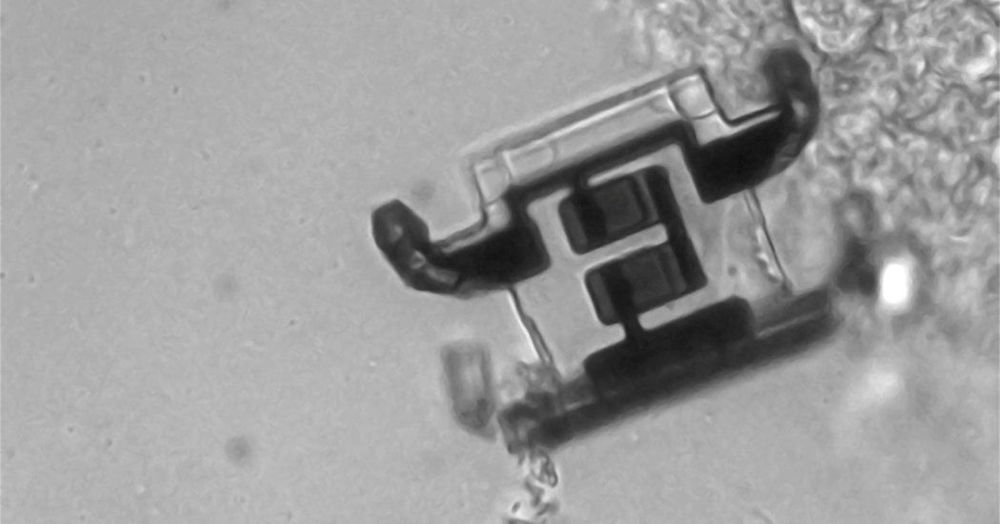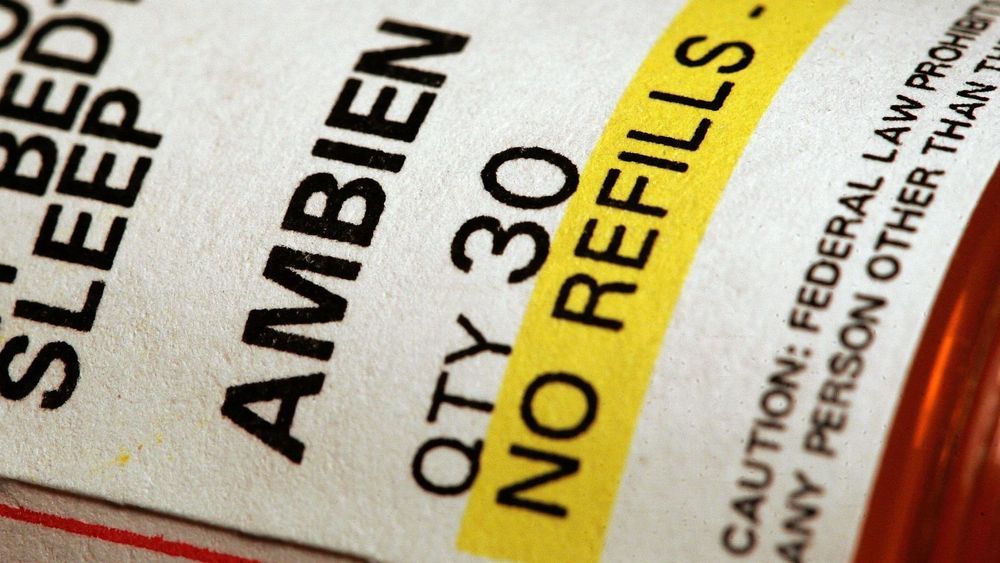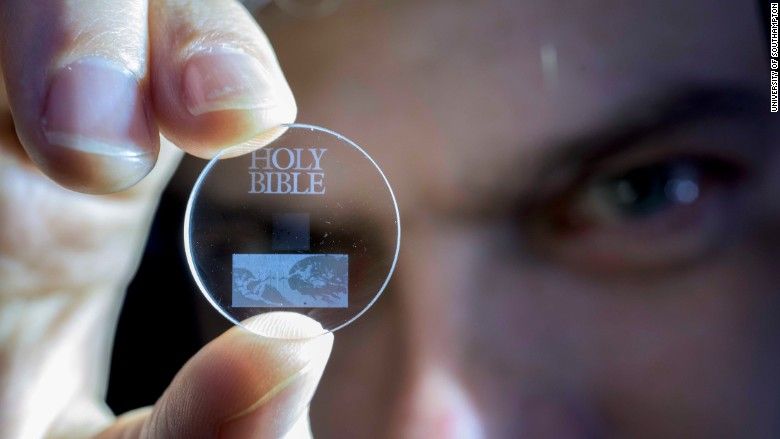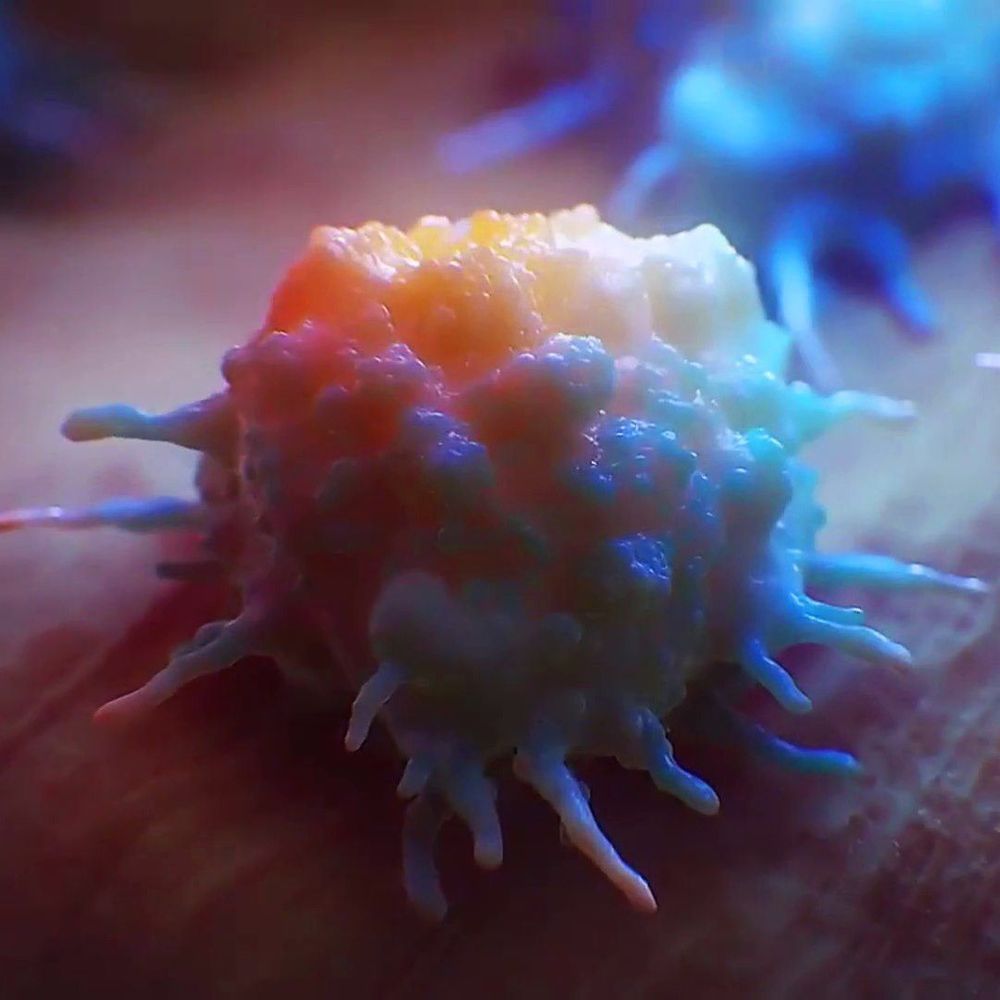Page 8233
Apr 30, 2019
Sleep Drugs Like Ambien Will Get a New FDA Warning About Potentially Fatal Side Effects
Posted by Genevieve Klien in category: biotech/medical
The Food and Drug Administration is forcing certain sleep drugs to carry a deadly serious warning about the rare, frightening side effects they can cause. The side effects, which have reportedly caused serious injuries and even deaths, include sleepwalking and other intricate behaviors done while a person is sleeping or not fully awake, like driving and cooking.
The new black box warning—the strictest label used by the FDA to denote potentially life-threatening side effects—will apply to three drugs commonly used for insomnia and sold under various brand names. They are eszopiclone (Lunesta), zaleplon (Sonata), and zolpidem (Ambien, among other names). In addition to the warning, people will also be told to stop or avoid using these drugs if they’ve ever experienced these symptoms.
Apr 30, 2019
A Novel Liquid Battery Could Hold Potential For Unlimited Energy Storage
Posted by Quinn Sena in category: energy
Giant tanks filled with a liquid solution are offering a novel way to create a battery with unlimited capacity.
Apr 30, 2019
New ‘Superman’ crystals can store data for billions of years
Posted by Quinn Sena in category: computing
Researchers in the U.K. have developed a way of storing digital data inside tiny structures contained in glass.
The storage technology is so stable and safe that it can survive for billions of years, scientists at the University of Southampton said this week.
That’s a lot longer than your average computer hard drive.
Continue reading “New ‘Superman’ crystals can store data for billions of years” »
Apr 30, 2019
The potential of plasma wakefield acceleration
Posted by Quinn Sena in category: particle physics
Scientists around the world are testing ways to further boost the power of particle accelerators while drastically shrinking their size.
10/18/18
Our best model of particle physics explains only about 5 percent of the universe.
Continue reading “The potential of plasma wakefield acceleration” »
Apr 30, 2019
Is the Promise of Cold Fusion Still Worth Waiting For?
Posted by Quinn Sena in category: nuclear energy
Ever since the 1989 debacle, cold fusion has been a byword for “junk science”—and cold fusion research has been anathema, tantamount to scientific suicide. Still, some quiet pioneers have continued the research, albeit under a changed name: LENR, or “low-energy nuclear reactions.” The jury’s still out on whether their methods will prove successful, but the race for inexhaustible “cold” fusion is definitely heating up.
Apr 30, 2019
CRISPR Trials on Humans Officially Begin in the US
Posted by Paul Battista in category: biotech/medical
Apr 30, 2019
Quantum Entanglement harvesting in a vacuum
Posted by Quinn Sena in categories: particle physics, quantum physics, space
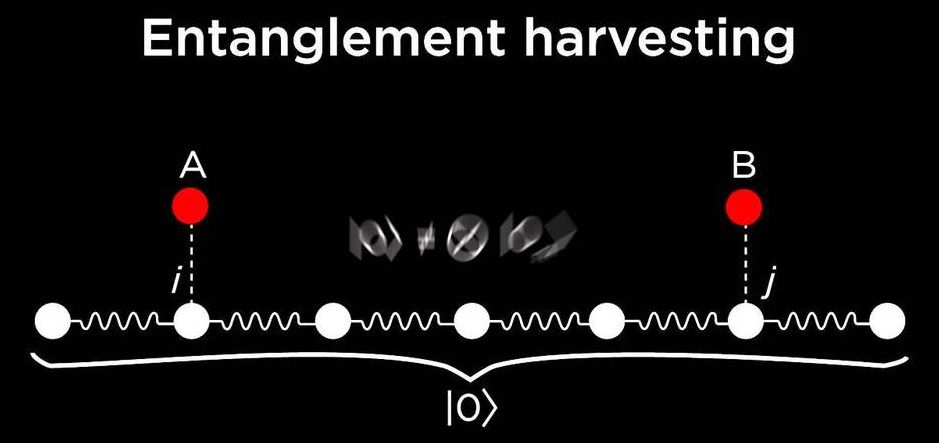
Circa 2016
Entanglement is an extremely strong correlation that can exist between quantum systems. These correlations are so strong that two or more entangled particles have to be described with reference to each other, even though the individual objects may be spatially separated.
Continue reading “Quantum Entanglement harvesting in a vacuum” »
Apr 30, 2019
Diamond Nuclear Batteries Are Forever… Sort Of
Posted by Quinn Sena in category: futurism
Apr 30, 2019
Almost half of World Heritage sites could lose their glaciers by 2100
Posted by Quinn Sena in categories: business, computing
Glaciers are set to disappear completely from almost half of World Heritage sites if business-as-usual emissions continue, according to the first-ever global study of World Heritage glaciers.
The sites are home to some of the world’s most iconic glaciers, such as the Grosser Aletschgletscher in the Swiss Alps, Khumbu Glacier in the Himalayas and Greenland’s Jakobshavn Isbrae.
The study in the AGU journal Earth’s Future and co-authored by scientists from the International Union for Conservation of Nature (IUCN) combines data from a global glacier inventory, a review of existing literature and sophisticated computer modeling to analyze the current state of World Heritage glaciers, their recent evolution, and their projected mass change over the 21st century.
Continue reading “Almost half of World Heritage sites could lose their glaciers by 2100” »
